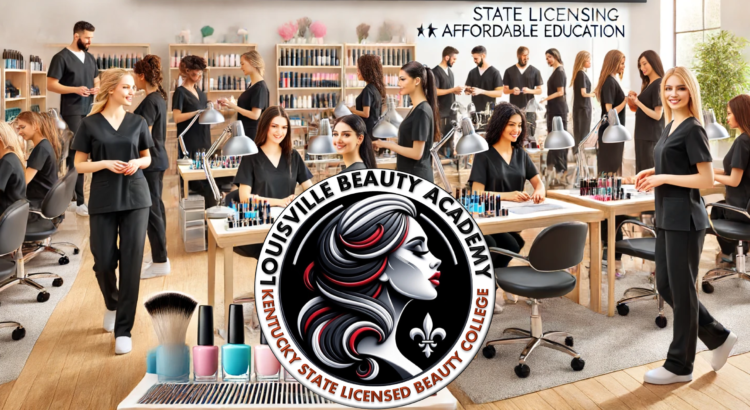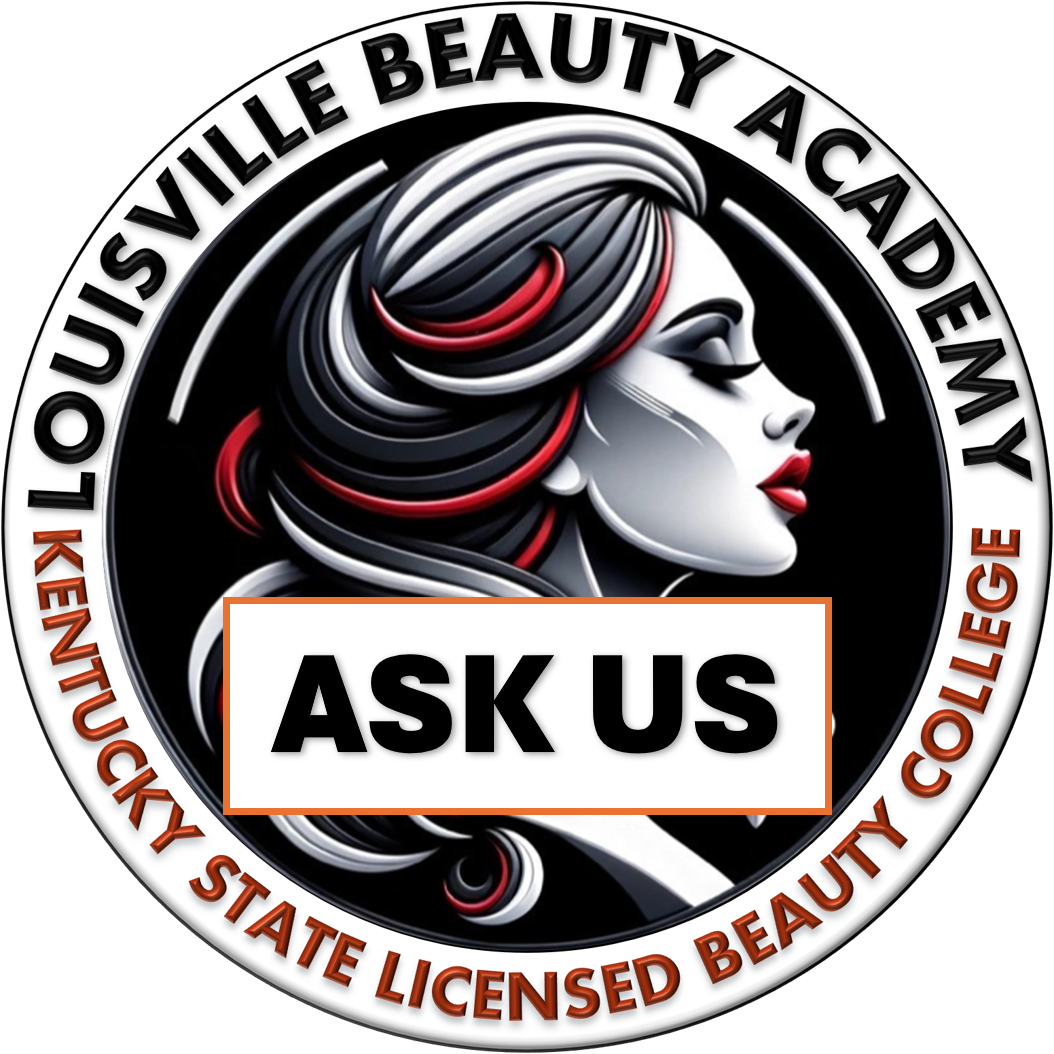In the beauty industry, the term “accreditation” often leads to confusion among students and the general public. This confusion arises because the term is used in different contexts, leading to misunderstandings about what it means for a beauty school to be accredited. This article aims to clarify the definition of accreditation, its implications, and how it affects beauty schools in Kentucky.
Understanding Accreditation
Accreditation generally refers to the recognition that an institution meets certain standards of quality and performance. In the context of higher education, it is often granted by national or regional accrediting bodies. These accrediting bodies evaluate institutions based on various criteria, including curriculum quality, faculty qualifications, and student outcomes.
However, in the beauty industry, the term “ACCREDITED” can be used interchangeably with “LINCENSED” or “APPROVED” by state authorities. For instance, in Kentucky, beauty schools must be licensed by the Kentucky Board of Cosmetology to operate legally. This licensing ensures that the schools meet state-specific standards and can legally offer programs that lead to state licensure in fields such as nail technology, aesthetics, cosmetology, shampoo and styling, beauty instruction, and special permits like eyelash extensions.
The Accreditation Misunderstanding
A common misconception is that some beauty schools are accredited while others are not. This leads to confusion, with potential students often asking, “Can I get my license studying at this specific school?” The answer is straightforward: If a beauty school is in operation and licensed by the state, then yes, you can get your license studying there.
All beauty schools in Kentucky that offer state-APPROVED licensing programs are, by definition, state-LICENSED, state-APPROVED, and therefore state-ACCREDITED. This state accreditation ensures that the school meets the necessary standards to provide quality education and training for licensure.
Federal Financial Aid and National Accreditation
The confusion deepens when it comes to federal financial aid. To be eligible for federal financial aid, a school must be nationally accredited. National accreditation involves additional requirements, including regular reporting and compliance with federal standards. This process ensures accountability and transparency, but it also incurs significant administrative costs.
For example, schools must report on:
- Student enrollment and graduation rates.
- Financial stability and audit results.
- Curriculum updates and changes.
- Faculty qualifications and professional development.
- Student support services and outcomes.
These requirements increase operational costs, which are often passed on to students, making tuition at nationally accredited schools higher. This is why some beauty schools can offer tuition at 50% less than larger, nationally accredited schools—NOT due to a difference in educational quality or licensing capability, but because they do not have the added expense of national accreditation compliance (OFTEN ABOUT REPORTING COST AND MEMBERSHIP COST).
Transparency and Student Interests
At Louisville Beauty Academy, we prioritize transparency and student interests. We are proud to be state-licensed, state-approved, and state-accredited. We offer state-approved licensing programs in nail technology, cosmetology, aesthetics, instructor training, and other specialized fields. Our commitment to transparency means that all relevant information is publicly available online, ensuring that prospective students can make informed decisions.
Moreover, our status as a state-accredited institution does not compromise the quality of education we provide. Instead, it allows us to offer affordable education without the added burden of federal reporting requirements. This affordability, combined with our dedication to student success, makes Louisville Beauty Academy one of the most accessible and cost-effective beauty schools in Kentucky.
Conclusion
In conclusion, understanding the difference between state accreditation and national accreditation is crucial for prospective beauty school students. State accreditation ensures that a school meets the necessary standards to operate and offer licensure programs, while national accreditation is tied to eligibility for federal financial aid and involves additional reporting requirements. At Louisville Beauty Academy, we believe in clear communication and transparency, ensuring that our students have all the information they need to succeed.
For more information or to enroll, text our enrollment department at 502-625-5531 or email us at Study@LouisvilleBeautyAcademy.net. Join us today and take the first step toward a successful career in the beauty industry.






